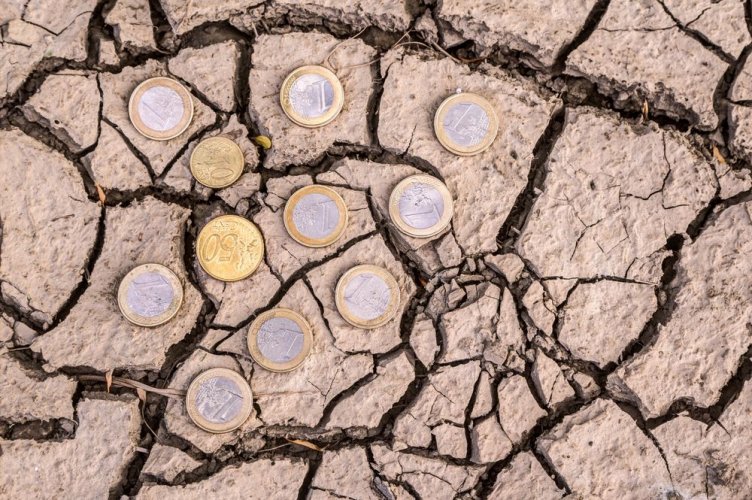Scientists from Germany's Postdam Institute for Climate Impact Research (PIK) have found that by 2049, economic losses from climate change could reach about $38 trillion a year.
This is reported by Euronews Green.
By 2100, the financial costs could double the estimates of previous studies.
"Our analysis shows that climate change will cause significant economic damage over the next 25 years in almost every country in the world, including highly developed countries such as Germany and the US, where average incomes are projected to fall by 11 percent each, and in France by 13 percent," says climatologist, economist and study co-author Leonie Wentz.
The study shows that the southeastern and southwestern states of the US will suffer the most from the decline in income due to climate change. Economic pressure will be felt more strongly than in the northern states. Areas of Arizona and New Mexico will experience the greatest financial losses.
Europe will also experience uneven income impacts from climate change. Southern regions, including parts of Spain and Italy, will be hit harder than, for example, Denmark or northern Germany.
It is noted that only regions adjacent to the Arctic – Canada, Russia, Norway, Finland and Sweden – can receive benefits.
Lead researcher and climatologist Max Kotz explains that countries that have produced fewer greenhouse gases and are less financially able to adapt to warming also suffer the greatest financial losses. And the world's poorest countries suffer 61% more income losses than the richest countries.
"If the world can reduce carbon emissions and achieve a trend that will limit warming to 2°C, then financial losses will remain at the level of about 20% of global income. But if emissions increase, the financial impact will be about 60%," says Kots.
As EcoPolitic previously reported, a report by the World Meteorological Organization (WMO) confirmed that 2023 was the warmest on record with an increase in global temperatures of 1.45°C.





